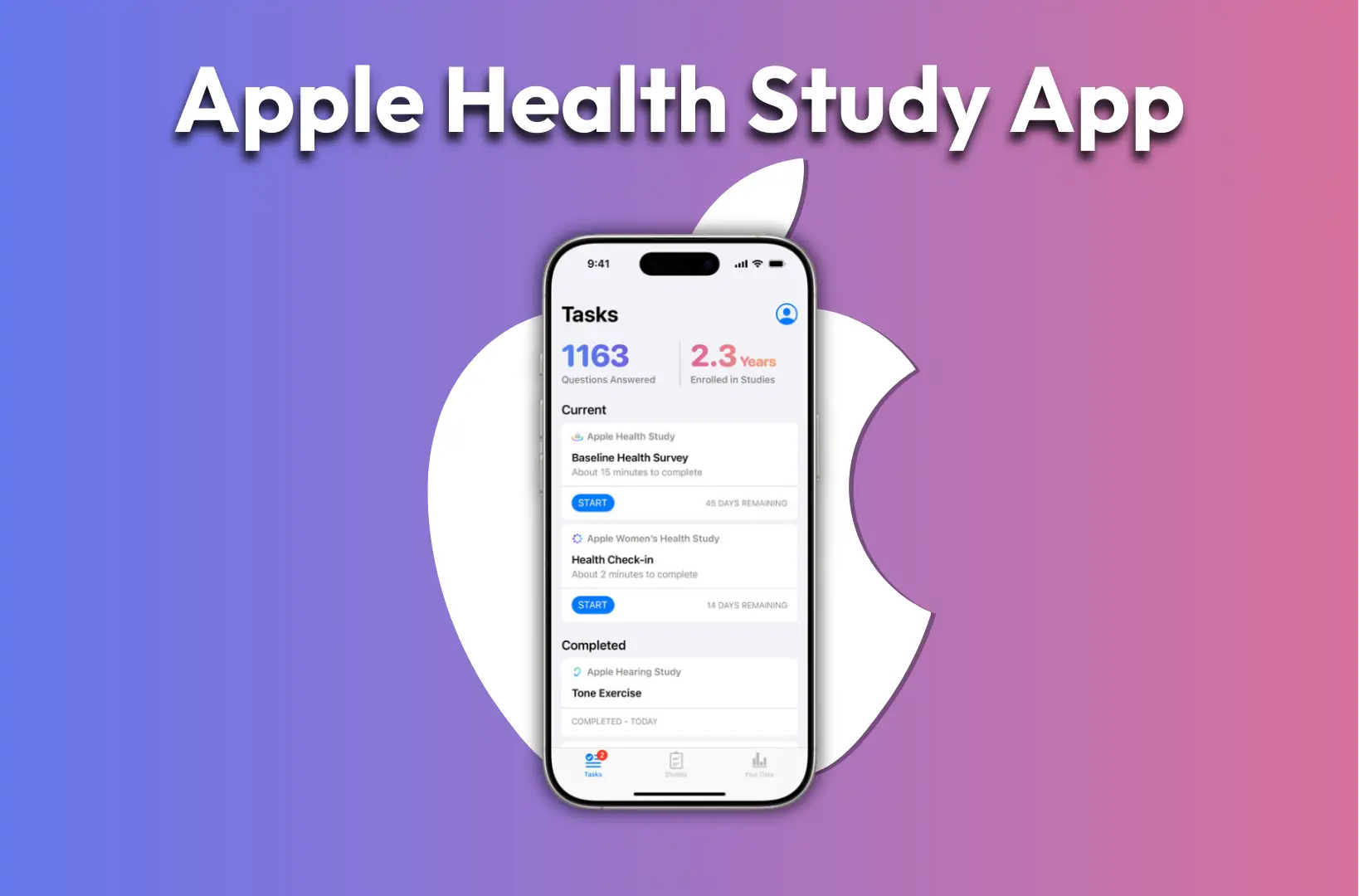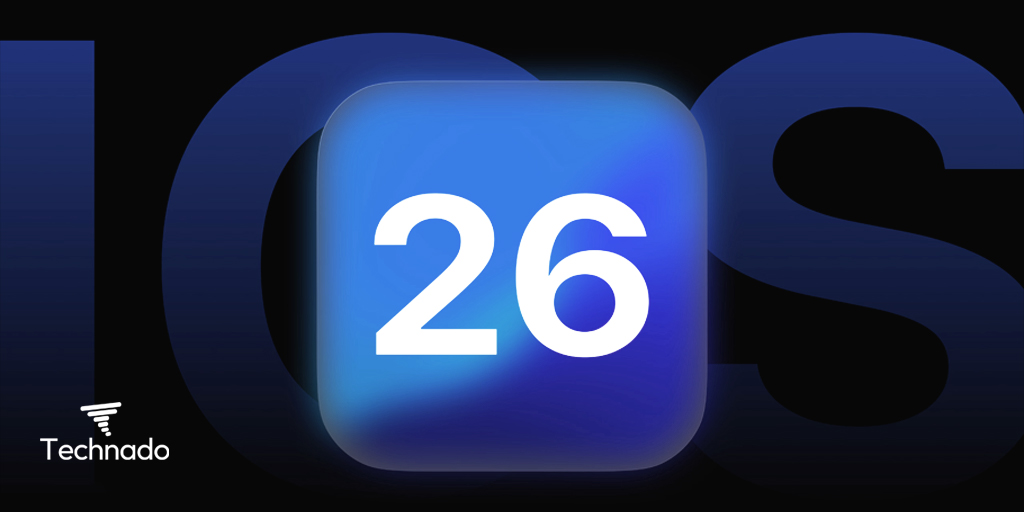Apple has long been at the forefront of technological innovation, seamlessly integrating its products into users’ daily lives. From revolutionizing personal computing to pioneering smartphones, the company has consistently set new standards in consumer technology. Over the past decade, Apple has shifted significant focus toward health and wellness, turning its ecosystem into a powerful tool for personal healthcare management. Now, with the launch of a new wide-ranging health study, Apple is poised to take its commitment to digital health to the next level. This initiative aims to enhance existing health-related features and develop groundbreaking new ones, ultimately redefining the way users monitor and manage their well-being.
Apple’s Growing Role in Digital Health
Apple’s foray into health technology isn’t new. The company has continuously expanded its health-related offerings, integrating advanced wellness tools into its devices. The Apple Watch, for example, has evolved from a luxury smartwatch into a sophisticated health companion, featuring electrocardiogram (ECG) capabilities, blood oxygen monitoring, and advanced sleep tracking.
Additionally, the Health app has become a centralized hub for users to store, track, and analyze health data securely. Apple has also collaborated with healthcare institutions to facilitate seamless integration of medical records through Health Records, allowing users to access lab results, immunization history, and prescriptions directly on their devices.
With its latest health study, Apple aims to refine these existing features while pioneering new health technologies that could revolutionize preventive healthcare.
What the Health Study Aims to Achieve
Apple’s latest research initiative is designed to collect extensive health data from a diverse range of users. By analyzing this data, Apple hopes to unlock deeper insights into human health, ultimately leading to the development of more personalized and proactive healthcare solutions. Here are some key objectives of the study:
1. Enhancing Health Monitoring Features
Apple is committed to improving the accuracy and reliability of its existing health tracking features. Through this study, the company aims to refine heart rate monitoring, optimize sleep tracking algorithms, and introduce more precise respiratory analysis. These improvements could help users gain a clearer understanding of their overall health and make informed lifestyle changes.
2. Early Detection of Medical Conditions
One of the most promising aspects of Apple’s health research is the potential to detect early signs of disease. By analyzing trends in heart rate, oxygen levels, and mobility patterns, Apple could identify warning signs of conditions such as atrial fibrillation, hypertension, and even neurological disorders like Parkinson’s disease. This early detection capability could prompt users to seek medical attention before conditions become serious.
3. Personalized Wellness Recommendations
Health data is most valuable when it translates into actionable insights. Apple’s study could pave the way for more personalized health recommendations based on users’ unique data patterns. Imagine receiving tailored guidance on improving sleep quality, optimizing workouts, or managing stress levels based on real-time health metrics collected from your devices.
4. Supporting Medical Research and Collaboration
Apple has already established itself as a key player in medical research through initiatives like ResearchKit and CareKit, which allow scientists and healthcare providers to conduct large-scale studies with anonymized health data. This new study will further expand Apple’s collaborations with leading medical institutions, potentially accelerating breakthroughs in various fields of medicine.
How Apple Prioritizes Data Privacy and Security
With any large-scale health data initiative, concerns about privacy and security naturally arise. Apple has been vocal about its commitment to protecting user data, emphasizing that all health-related data is securely encrypted and stored on users’ devices, not in the cloud.
Furthermore, participation in the health study is entirely voluntary, and Apple follows strict data anonymization protocols to ensure that no personally identifiable information is shared with researchers or third parties. This approach allows Apple to balance the benefits of large-scale health research with the highest standards of user privacy.
The Future of Apple’s Health Ecosystem
Apple’s dedication to health technology extends beyond individual devices. The company is building a comprehensive digital health ecosystem that connects users, healthcare providers, and researchers in meaningful ways. With features like:
- Health Records, which enable users to access their complete medical history in one place
- Medication Tracking, which helps users manage prescriptions and adherence
- Cycle Tracking, which provides insights into menstrual health and fertility
- Fall Detection and Emergency SOS, which automatically alerts emergency contacts in case of accidents
Apple is steadily transforming its ecosystem into a proactive health management tool rather than just a passive data tracker.
Looking ahead, we can expect Apple to integrate artificial intelligence (AI) and machine learning into its health features. AI-driven analysis of health data could offer even more accurate insights, predictive analytics, and real-time health risk assessments. Features such as glucose monitoring for diabetics or continuous blood pressure tracking could soon become a reality, pushing Apple’s health ambitions even further.
Apple vs. Competitors in the Health Tech Space
Apple isn’t the only tech giant making waves in digital health. Companies like Google, Amazon, and Samsung are also investing heavily in healthcare technology. Google has acquired Fitbit and is leveraging AI to improve wearable health tracking, while Amazon has ventured into telemedicine and prescription delivery services. However, Apple’s unique advantage lies in its tight hardware-software integration, which enables a seamless and user-friendly health experience across its devices.
Moreover, Apple’s strong stance on data privacy sets it apart from competitors that rely on ad-driven business models. By prioritizing user trust and transparency, Apple has positioned itself as a leader in consumer-focused digital health.
Final Thoughts: The Road Ahead for Apple’s Health Innovations
Apple’s wide-ranging health study marks a significant milestone in the company’s journey toward revolutionizing personal healthcare. By harnessing the power of data while upholding strict privacy standards, Apple is well-positioned to shape the future of digital health.
As technology continues to evolve, Apple’s health ecosystem will likely expand to include more advanced medical diagnostics, AI-powered health coaching, and deeper integrations with healthcare providers. Whether it’s detecting early signs of chronic diseases or empowering users with personalized wellness insights, Apple’s commitment to health innovation is stronger than ever.
For Apple users, this means a future where technology not only tracks health but actively enhances and protects it. As the study progresses, it will be fascinating to see how these efforts translate into tangible benefits for millions of people worldwide.
What are your thoughts on Apple’s latest health initiative? Do you see yourself benefiting from these advancements? Let us know in the comments below!
Suggested Reads:
Adobe’s Firefly AI Video Generator Rivals OpenAI’s Sora
Galaxy S25 vs. iPhone 16 – Which Compact Flagship is Best?
Apple Raises Concerns Over First Porn App on iPhone Under EU Rules

Burhan Ahmad is a Senior Content Editor at Technado, with a strong focus on tech, software development, cybersecurity, and digital marketing. He has previously contributed to leading digital platforms, delivering insightful content in these areas.







